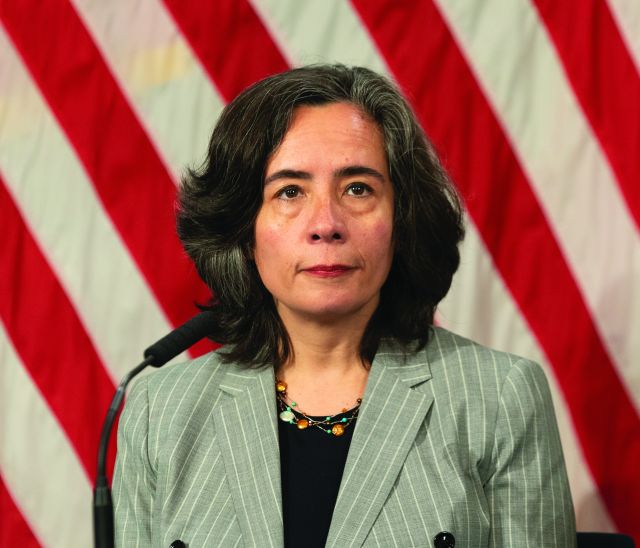
David Firestein, Chase Welles, Jacqueline Klinger
David Firestein, Chase Welles and Jacqueline Klinger
Partners at SCG Retail
Last year's rank: 86

Not too long into the pandemic, Harry Macklowe, the landlord at One Wall Street, missed a minor deliverable to his tenant Whole Foods.
It was nothing memorable. In another era, it might have meant an annoyed call and a tidy fix. But the tenant seized on this as a chance to ditch an extremely expensive lease.
“They didn’t want to be convinced otherwise,” said Chase Welles, who represented Whole Foods. “It took some determined calls — of the most annoying variety. It was figuring out other people to call. It was painful.”
It would have left Macklowe with a 44,000-square-foot retail hole in the worst retail environment in memory. “With that deal dying, it would have had really bad ramifications for Lower Manhattan,” said Jacqueline Klinger, Welles’ colleague. “It would not have been good for New York.”
But Welles and Klinger put in their fancy footwork, and Macklowe began re-negotiating a lower base rent, raised the percentage rent, and increased the tenant improvement allowance. In the end, Whole Foods went through with the deal — which might be somewhat symbolic of this last year: a painful journey to a decent outcome.
SCG, like other retail brokers, saw their share of deals get shelved in 2020. But other deals went through. Starbucks had been negotiating for a 20,000-square-foot space at the Empire State Building well before the pandemic, and decided to forge ahead even after the city locked down. “The Roastery aside, it will be the biggest Starbucks on the planet when it opens in 2022,” David Firestein said.
SCG has the natural advantage of representing some of the biggest and most well-capitalized names in retail — like Starbucks, Whole Foods and Sweetgreen — and they kept inking deals for all of them throughout the pandemic and staking out new areas. At Industry City in Brooklyn, Welles leased 100,000 square feet of space to furniture stores, car dealerships and restaurants. He also struck deals at the American Dream mall in New Jersey.
“Middle-class neighborhoods performed better than upper-class neighborhoods,” Firestein said.
Indeed, “if you went to the boroughs, the traffic counts were steady,” Welles said. “There aren’t these vacancies. That’s one thing about the [well-heeled neighborhoods]: the rent is too damn high.”—M.G.








